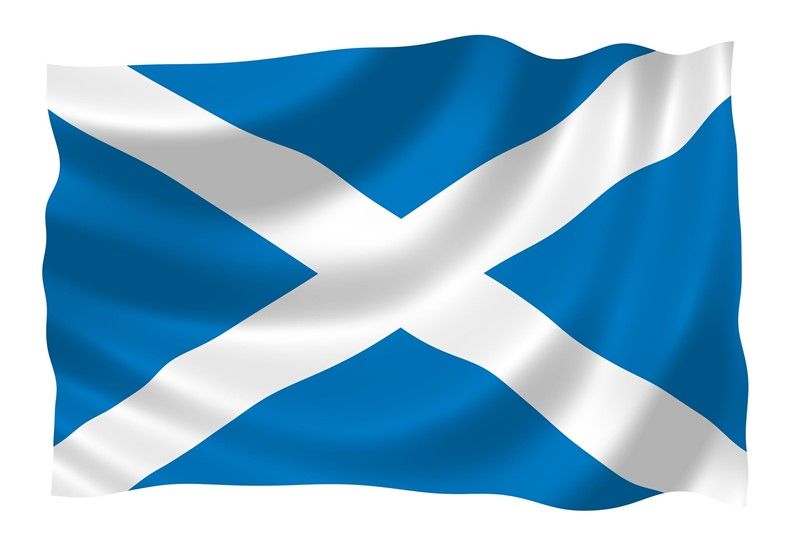Government Forces Water Companies to Double Compensation
The UK government has announced significant reforms to enhance compensation for customers affected by water service failures. Under new regulations, water companies will be mandated to increase compensation payments for issues such as supply interruptions, sewer flooding, and low water pressure.
These changes mark the first substantial update to compensation rates since 2000. For instance, compensation for internal sewer flooding will rise from £1,000 to £2,000 or more, and payments for low water pressure will increase from £25 to £250. Additionally, compensation will now be compulsory for incidents like boil water notices and missed meter services, which previously did not warrant mandatory payments.
Environment Secretary Steve Reed emphasized that these measures aim to hold water companies accountable and ensure that customers receive fair compensation when services fall short. He stated, "We are clear that the public deserve better compensation when things go wrong, so I'm taking action to make sure that happens."
Consumer advocacy groups have welcomed the reforms. Mike Keil, Chief Executive of the Consumer Council for Water (CCW), noted that the increased payment levels and expanded scope for compensation would incentivize water companies to improve their services. He remarked, "The overhaul of these standards marks a step forward in improving consumer protection and repairing fractured trust in the water sector."
These reforms are part of a broader government initiative to overhaul the water sector, which includes stronger regulations and potential criminal liability for water company executives. The legislation is expected to come into force next year, following a public consultation that showed overwhelming support for the changes.
In addition to the increased compensation, water companies have recently been fined £157.6 million for failing to meet pollution targets, reflecting the government's commitment to enforcing higher standards in the industry.
Overall, these measures represent a significant step towards improving accountability and service quality within the UK's water sector, ensuring that customers are better compensated when things go wrong.




